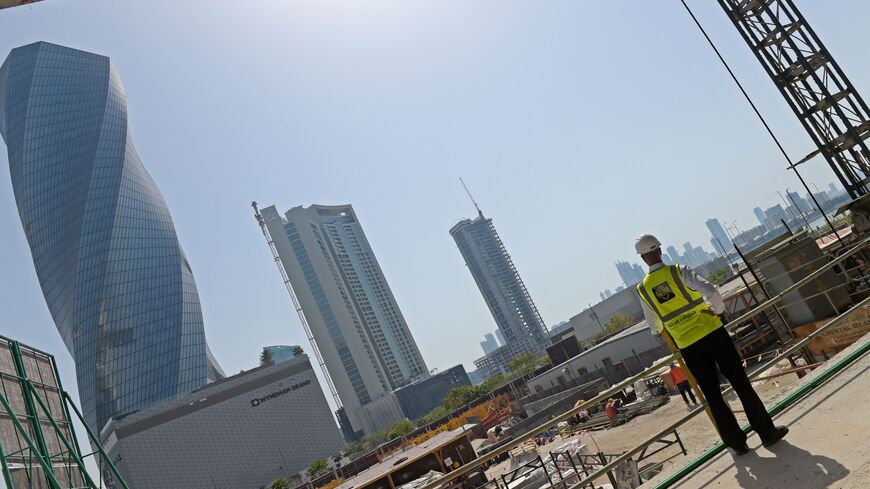Bahrain announced the launch of a Golden License on Monday, aimed to attract major companies to invest in the Gulf kingdom, by providing incentives and streamlined services to these businesses .
Bahrain’s Cabinet introduced the license in line with its October 2021 Economic Recovery Plan, to create jobs and attract greater local and foreign investment with the goal of better economic performance. Last year, Manama introduced its Golden Visa program, also aimed to attract foreign investments.
What happened: Bahrain announced the launch of a Golden License to attract large-scale local and foreign investment companies and projects into the kingdom and help boost its economy and reduce its debt, estimated at 121.7% of its gross domestic product (GDP).
Only companies with major investment and project portfolios will be eligible for the license, with either a $50 million value or a plan to create 500 jobs in the country, according to the Bahrain Economic Development Board.
Golden licensed companies will enjoy perks and privileges unavailable to others including prioritized allocation of land for investment and access to infrastructure services and utilities.
“They will also have streamlined access to government services — including business licensing and building permit approval, as well as support from Bahrain’s Labour Fund, Tamkeen, and Bahrain Development Bank,” the statement said.
Why it matters: Bahrain's debt is expected to rise according to the International Monetary Fund (IMF). The 780-square kilometer (301-square mile) island country has been one of the most indebted compared to other Gulf states, according to Reuters, and was bailed out in 2018 by its wealthier neighbors with an aid package of $10 billion. The amount was tied to reforms aimed at reaching fiscal balance by 2024.
American credit rating agency Fitch Ratings gave Bahrain a B+ in December, citing Gulf Cooperation Council (GCC) financial backing and high GDP per capita as some of its positive indicators. Weak public finances, high fiscal dependence on oil revenue and low foreign exchange reserves, including cash and gold, and political restraints were seen as obstacles to reform.
Mohammed AlKaff AlHashmi, co-founder of blockchain company Haqq, said the island kingdom is a fast-growing and welcoming financial industry in the region.
“Bahrain offers promising conditions for economic development with a neutral geographic location, access to GCC markets and few indirect taxes,” he told Al-Monitor.
The small size of the country with 1.5 million people gives an advantage for investors who are looking for faster, more flexible decision-making with better access to regulators and policymakers, he explained.
“We have seen examples of small cities and states like Hong Kong and Luxembourg that have huge economic impacts, so this might be the case for Bahrain too one day,” he said. Helping it reach this goal, he added, Bahrain has been one of the first adopters of advanced financial technologies, specifically blockchain and crypto, in the region.
“This has helped good projects like cryptocurrency exchanges Rain and Coin Mena to grow and expand. Bahrain has also always remained one of the leading countries in Islamic finance,” the co-founder of Islamic Coin, a native currency of Haqq, told Al-Monitor.
Bahrain, which normalized ties with Israel along with the United Arab Emirates in 2020, signed a memorandum of understanding with Israel’s Start-Up Nation Central in March to promote and strengthen human capital development between the two countries.


.jpg?h=484aaada&itok=l9O0K7bm)





